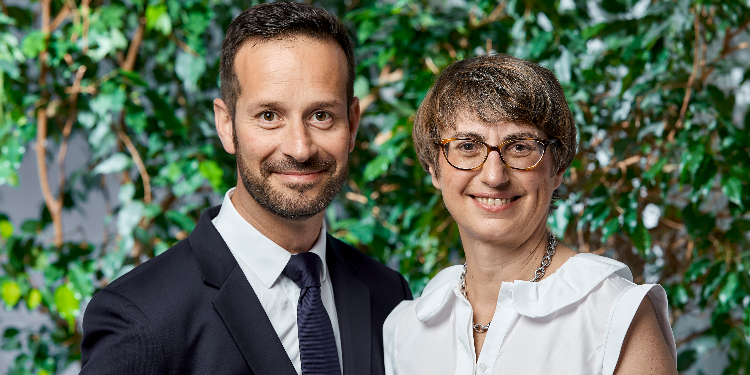
Frédéric Varin et Valérie Marmey-Ravau, from The High Council of French Notariat, answer Expat.com’s questions on the recent changes in how matrimonial regimes are regulated in Europe.
For the layman, what is changing for couples in Europe?
The matrimonial puzzle for married couples of which partners are of different nationalities or of same nationalities but living in a different country beginning 29th of january 2019 is clearer, simpler and safer. Here's why.
Clearer because the couple can decide whether it is the legal framework of their country of residence or of the country of which either of them is a citizen that will govern their matrimonial regime. If no choice is made, the legal framework of the first country of residence of the couple right after marriage will apply.
Safer because the law governing the matrimonial regime can only be changed if both spouses agree to do so.
Simpler because the legal framework chosen applies to all property of the spouses regardless of what or where they are.
The by-law applies to the rules governing matrimonial property regimes, that is, the rules that determine the ownership of the couple's property, the power of the spouses over the property and the division of the property upon dissolution of marriage.
When does the couple have to choose which legal framework will govern its matrimonial regime?
The spouses can choose the legal framework governing their marriage before and even during the celebration of the marriage. They can also decide to change at any point after that.
How would the couple go about changing legal framework?
If there is an element of foreignness in a couple's marriage, that is partners of different nationality or living in a country of which one or none is a citizen, the legal framework can be changed anytime after the marriage. And this applies to couples who married before the 29th of January 2019 as well as those married after and whether they had chosen a specific legal framework at the time of the marriage or not.
This can be done by drawing an agreement signed and dated by both parties. The agreement must be in accordance with laws governing country of residence of couples at the time as well as laws governing country whose legal framework was chosen.
So, these changes do not only apply to couples married after the 29th of January 2019?
Yes, couples who married before the 29th of January 2019 can also modify whatever legal framework applied by default to their matrimonial regime.
For those who decide not to change legal framework, their matrimonial regime will either be subject to the regulations for married partners from 1st of September 1992 or to the Hague Convention dating back to the 14th of March 1978.
Why are these new regulations a game-changer?
Couples married between the 1st of September 1992 and the 28th of January 2019 are subject to the Hague convention dating back to the 14th of March 1978 which determines the legal framework governing their matrimonial regime. According to this convention, the legal framework governing their matrimonial regime is subject to an "automatic mutation" in certain circumstances, which can be a source of legal uncertainty for couples, seeing as they are usually unaware of this.
Citizens of what countries are eligible to the new regulations?
All couples are concerned by these new regulations.
Spouses' nationality or their country of residence does not matter all that much: the regulation has an "universal vocation". Legal framework from countries who have not agreed to the regulations can be chosen as governing rules of matrimonial regimes.



















